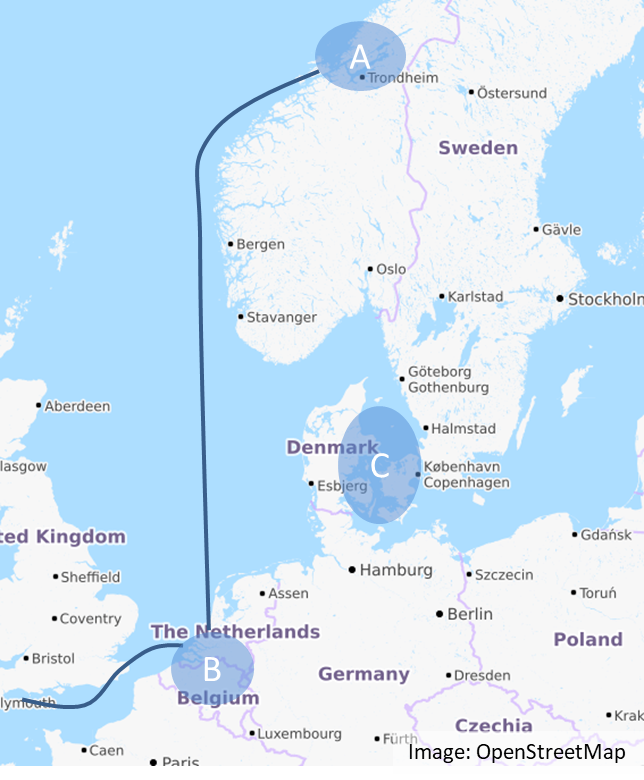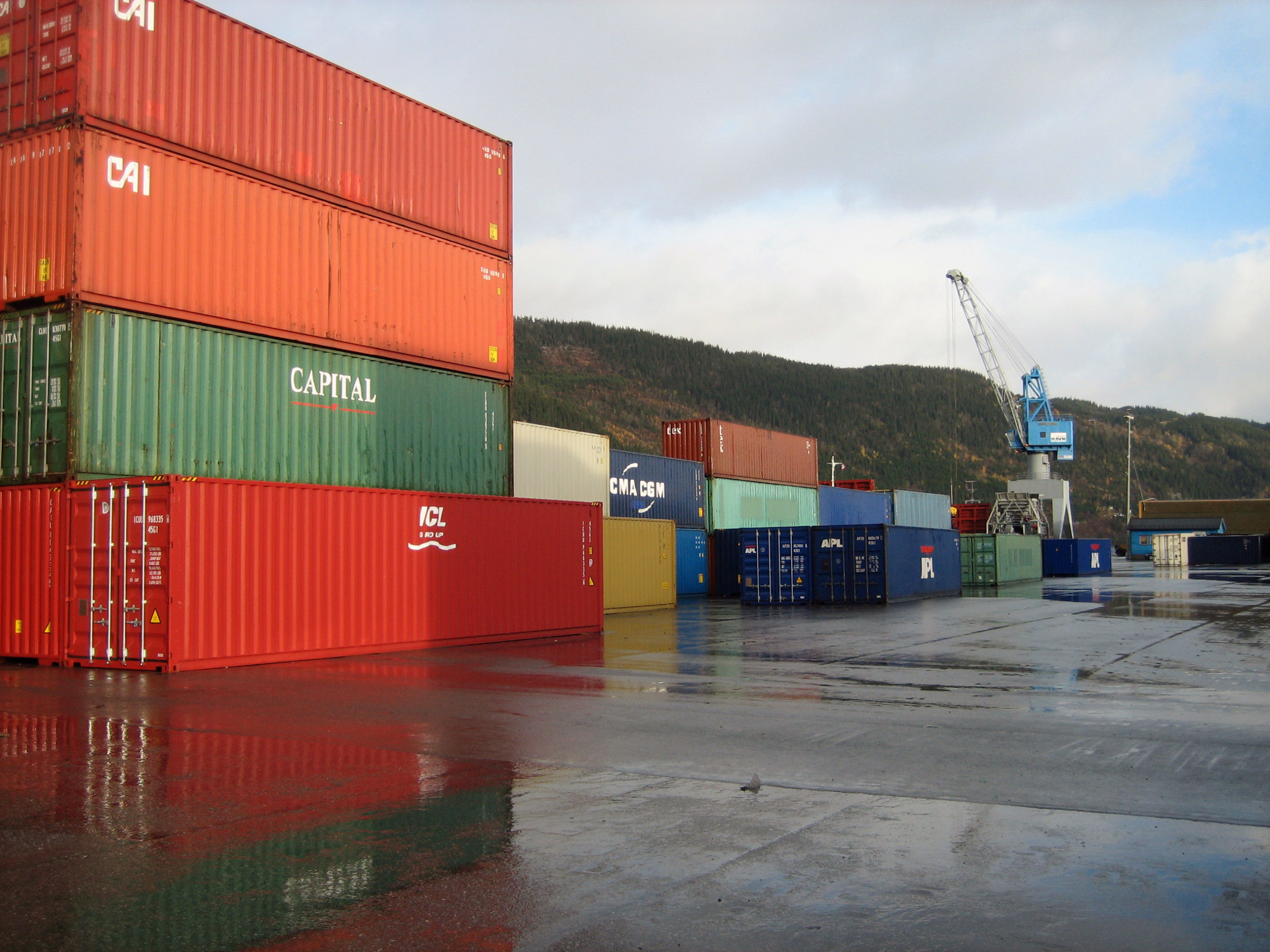80 million in research support from the EU
Through the project “Advanced, Efficient and Green Intermodal Systems” (AEGIS), researchers and partners from several EU countries will show that autonomous ships and automated ports can make maritime transport more flexible, efficient and greener than today. New solutions for environmentally and neighbor-friendly ports in the cities are an important part of the project.
The three-year research project started in June 2020, with a total funding support of 7.5 million Euros from the EU research initiative Horizon 2020. SINTEF Ocean coordinates and leads the project, and 40% of the research funds go to Norway. Under the umbrella «AEGIS», researchers, ports, technology companies and shipping companies from Norway, Sweden, Denmark and Germany will develop the autonomous transport chain of the future, from the large freight ports on the continent to the smaller ports in Scandinavia.
New technology is forcing its way forward
Today, the transport sector accounts for almost a third of the total climate emissions in Europe. The EU has set ambitious but necessary goals to halve emissions from the transport sector by 2030. If we are to achieve the climate goals, goods transport must be made greener, more efficient and better distributed between road, sea and rail.
In Norway, it has long been a cross-party goal to move more goods from road to sea and rail. High loads on the road network increase wear and tear on the road, contribute to noise and dust in residential areas and create dangerous traffic situations on some stretches.
Sea transport is often associated with large transhipment costs; Large international cargo ships carry larger consignments, which in turn must be split into smaller consignments and distributed locally. Often the car is the solution – even over longer distances domestically. If maritime transport is to become competitive for transporting smaller volumes to the smaller ports – new technology may be the answer.
By combining larger ships in fast liner shipping and many small transfer boats, AEGIS will create a new transport system that contributes to less emissions and dust from the road, but with a flexibility that can serve both smaller quays along the fjords and in the city center. AEGIS will also look at similar solutions for connecting cargo ships directly to inland waterways in Northern Europe.
Full automation – all the way
The main concept in AEGIS is full automation of cargo handling when transhipping from larger to

small vessels is the main concept. This saves transport time for the large ships, increases the frequency and flexibility of the small jetty boats and makes it possible to create new future-oriented port solutions also in the smaller cities. Automation and efficiency are essential to reduce transhipment costs, which are a major problem for maritime transport today.
AEGIS will analyze and propose technical solutions for three different transhipment points from seagoing ships to local distribution systems.
Part A is Norwegian and is managed by North Sea Container Line in collaboration with the Port of Trondheim. Small jug boats are connected to container ships with transhipment at terminals on the coast. Small boats can serve destinations in outlying areas as well as in suburban areas, while the liner saves time by not having to enter the fjords.
Part B is located in the BeNeLux area and is managed by DFDS. It will link DFDS ‘freight ferries to river transport with similar solutions as in part A.
Part C is led by the Port of Aalborg in collaboration with the Port of Vordingborg and investigates how automation can be used to make urban and regional ports more efficient and thereby improve the competitive surface against road transport.
Kalmar and MacGregor, both part of Cargotec, will develop cargo handling technology on board ships and in ports.
Grieg Connect will develop digital solutions to support automatic freight transport. Research partners are the Department of Structural Lighting and Energy Performance in Germany, the Technical University of Denmark, Aalborg University and SINTEF Ocean.
Read more about the various projects belonging to AEGIS at aegis.autonomous-ship.org
